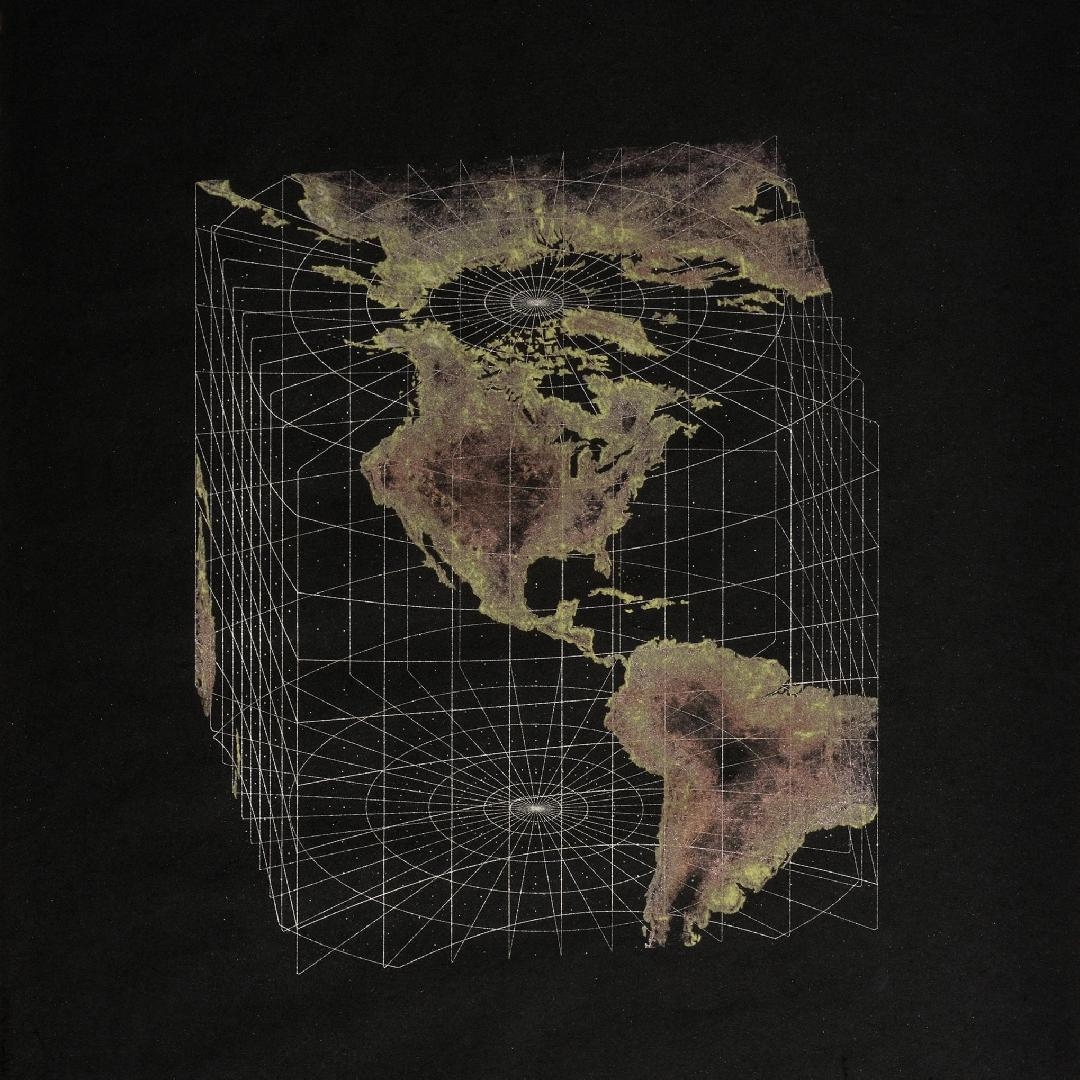The triennial, curated by Róna Kopeczky, primarily gives thought to the radical political, cultural political and social turns that affect Central and Eastern Europe, and it also inscribes these changes in a global perspective through the lens of universal absurdity. The project gives voice to contemporary artists based in, or originating from, the Central and Eastern European region who reflect boldly and critically on burning issues such as the rise of right-wing phobist politics, globally misplaced priorities, the collapse of democracies, the shrinking of freedom – in both life and art – and the general sense of conditioned fear and hostility prevailing today. The title reflects more precisely on the mechanisms through which positive notions shift and slide in our interpretation towards the negative realm and become associated with different or contradictory meaning depending on the new contexts or situations they are used in. More concretely, how the originally positive signification of “warm” – an agreeable feeling, the sense of a fairly or comfortably high temperature, and a behaviour showing enthusiasm, affection, or kindness – has become a warning sign of political turmoil, social irritation, symptoms of climate change and global pandemic, and therefore a signal of both natural and social global instability.
Warm comprises three intertwined cycles entitled The Nation Loves It, Pickle Politics and The Science of Freedom, which reference artists and artworks included in the exhibition. The three chapters articulate around the spectacle of absurdity with the intention to dissect and appropriate it.
In our gallery, works by Hungarian artists Ferenc Gróf, Agnes Denes, Dóra Maurer, Géza Perneczky and Endre Tót will be presented together with works of Estonian artists.




